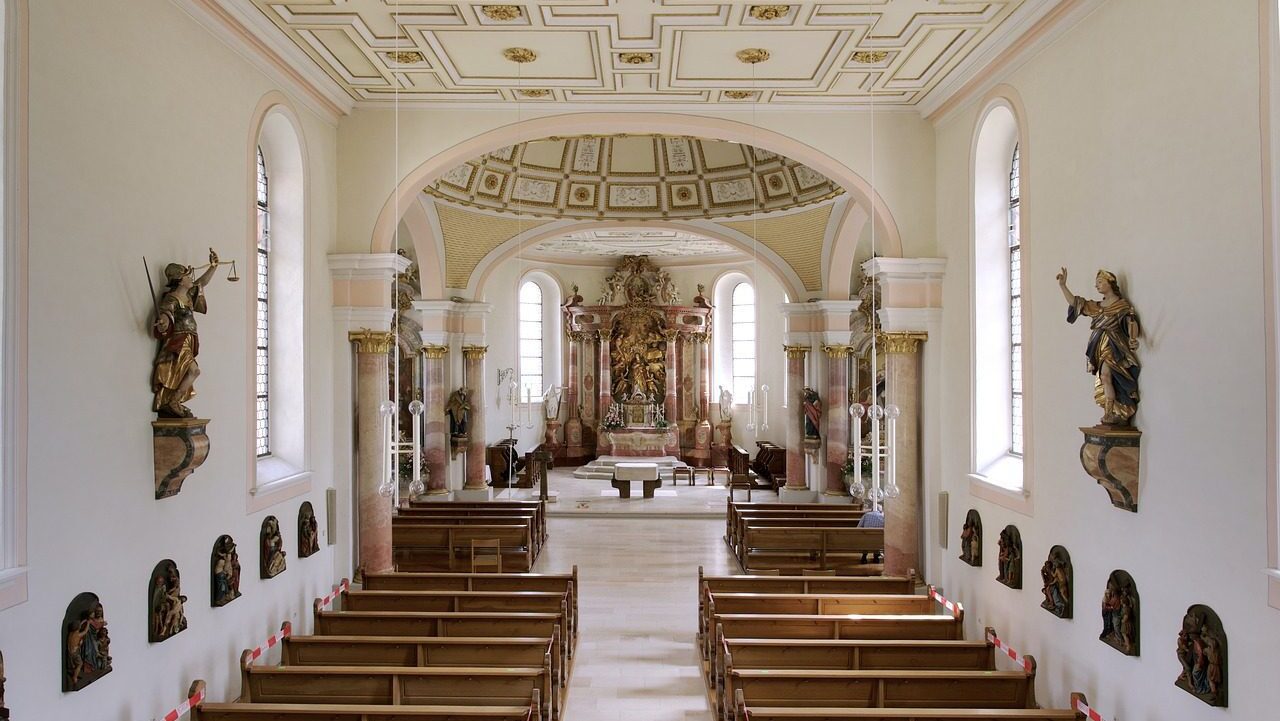
Photo: Paul Henri Degrande from Pixabay
Expressing traditional beliefs on marriage and the family has become “the potential end of a political career or employment,” which presents “a serious threat to religious freedom” in the West, religious liberty experts were told at a Berlin conference.
The event, held alongside the Berlin Ministerial of the International Religious Freedom or Belief Alliance (IRFBA), focused on the difficulties that believers in traditional teachings on marriage, family, gender, and human nature face in Europe and North America.
The event, titled “FoRB and Tolerance for Tradition: The Challenge for the Pluralistic West,” drew speakers from Asia, America, and Europe.
Anja Hoffmann, Executive Director of the Observatory on Intolerance Against Christians in Europe, expressed concern about what she called a “serious threat” to religious freedom. Hoffmann said individuals who express traditional religious views on topics like marriage and family risk career setbacks, legal repercussions, or self-censorship. “The peaceful expression of personal religious beliefs has become the potential end of a political career or employment, or even the beginning of a court case,” she warned.
Dr. José Luis Bazán, a legal adviser for the Commission of the Catholic Bishops’ Conferences of the European Union (COMECE), spoke on the challenges Christians face under what he termed “polite persecution.” Bazán cited Pope Francis’ warning against social and legal pressures that undermine Christians’ ability to live in accordance with their religious principles. He argued that modern liberal societies are increasingly hostile to traditional beliefs, which complicates the practice of faith for many.
In response to these concerns, a new declaration supporting religious freedom will be submitted to IRFBA member states. Announced by Todd Huizinga, Senior Fellow for Europe at the Religious Freedom Institute, the declaration aims to reinforce protections for those who hold traditional beliefs. “We believe this statement could have a real effect not only in safeguarding religious freedom for all, but also in increasing mutual understanding, tolerance, and peace in our pluralistic societies,” he said.
Márk Aurél Érszegi, Hungary’s Special Advisor for Religion and Diplomacy also emphasised the need to maintain a “cultural equilibrium.” Érszegi said safeguarding regional traditions can protect against “ideological colonisation” that erodes cultural differences.
Dr. Katharina von Schnurbein, European Commission Coordinator on Combating Antisemitism and Fostering Jewish Life, addressed the need for reconciliation between religious freedom and other societal values. She argued that these values are not mutually exclusive and that Europe must find ways to uphold religious freedom while balancing it with other priorities. “We need to find ways to reconcile religious freedom with our other values—because they are reconcilable and do not stand against each other,” von Schnurbein said.
The event was co-organized by a range of non-governmental and governmental organizations that support IRFBA’s mission, including COMECE, the Observatory on Intolerance Against Christians in Europe, the Hungarian State Secretariat for the Aid to Persecuted Christians, and the Religious Freedom Institute. Together, these organizations seek to address the challenges that traditional believers face in an increasingly pluralistic West, advocating for protections that allow individuals to live according to their faith.